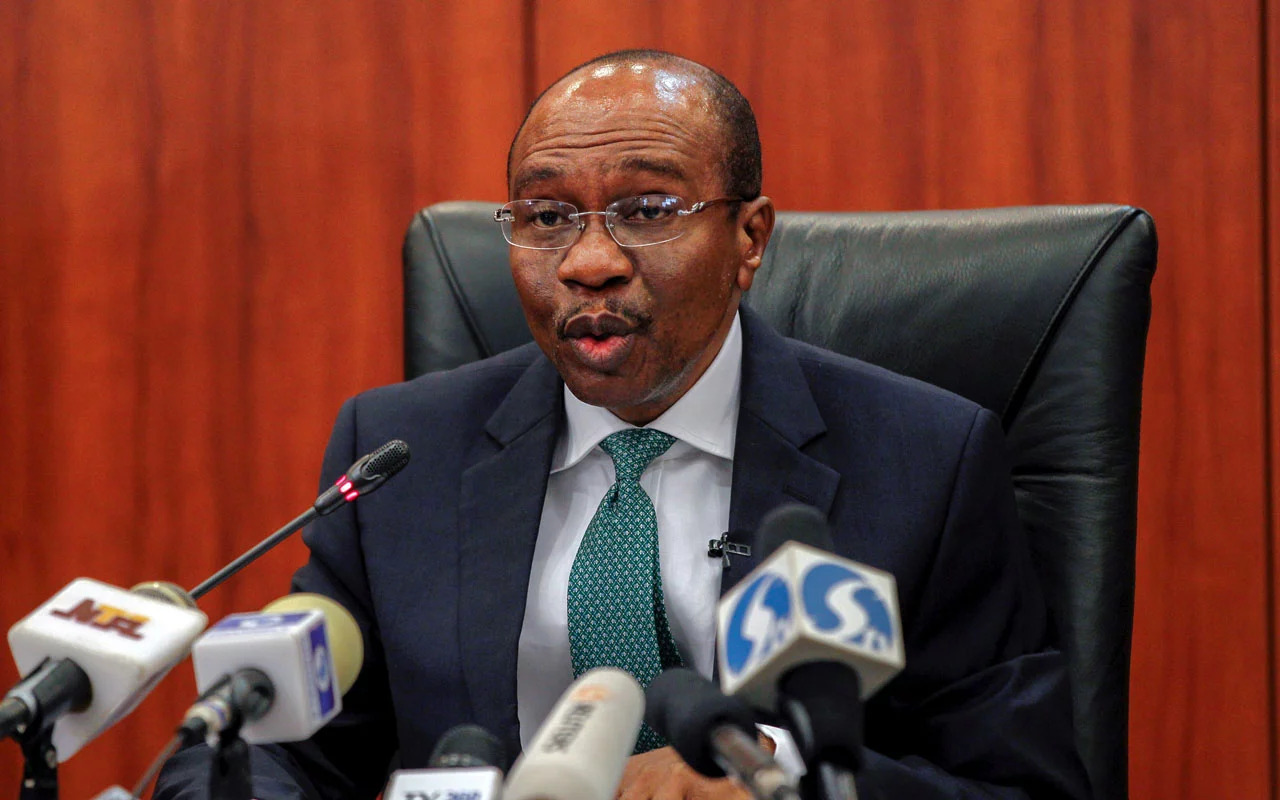The Central Bank of Nigeria (CBN) has dismissed claims that the newly redesigned naira notes are in short supply.

CBN said the apex bank has “massively” supplied banks with the new currency and directed them to disburse it to their customers.
The CBN governor, Godwin Emefiele, represented by Musa Jimoh, director, of the payment system management department of CBN made this statement during a media briefing in Jos on Wednesday.
This statement comes amid concerns about the poor circulation of the new N200, N500 and N1,000 notes, leading to calls for the extension of the January 31 deadline for the validity of old naira notes.
However, the CBN has maintained that there will be no extension of the deadline.
“The CBN has massively supplied the new notes to commercial banks to dispense both at counters and ATMs.”
“This is to enable quick circulation and we want to advise commercial banks to desist from keeping the cash away from the public or face the stiffer sanction.”
Emefiele advised citizens to deposit their old notes at any commercial bank and acquire new ones with immediate effect, insisting that the January 31 deadline remained sacrosanct.
The CBN governor explained that the decision to redesign the currency showed that the apex bank is in tandem with global standards.
He added that the currency ought to have been redesigned within five years.
Emefiele, however, regretted that it took Nigeria nine years since such changes were last effected.
The CBN governor said the decision to redesign the country’s higher denominations of currency was a national project aimed at addressing problems related to cash circulation.
He added that it would also solve the challenge of prolonged savings in piggy banks, cash hoarding and incidences of fake currencies.
“The monitoring and sensitisation project was activated by the apex bank for investigation of the attitude of banks toward the spread of the new currencies,” Emefiele explained.
“We are equally using it to create awareness on the use of agents to circulate the cash in communities with few or no bank branches available.”
He further advised that faulty currencies should be returned to banks for replacements and cautioned people entertaining the thought that the CBN might extend the deadline to desist as they could face losses.





Comments are closed.